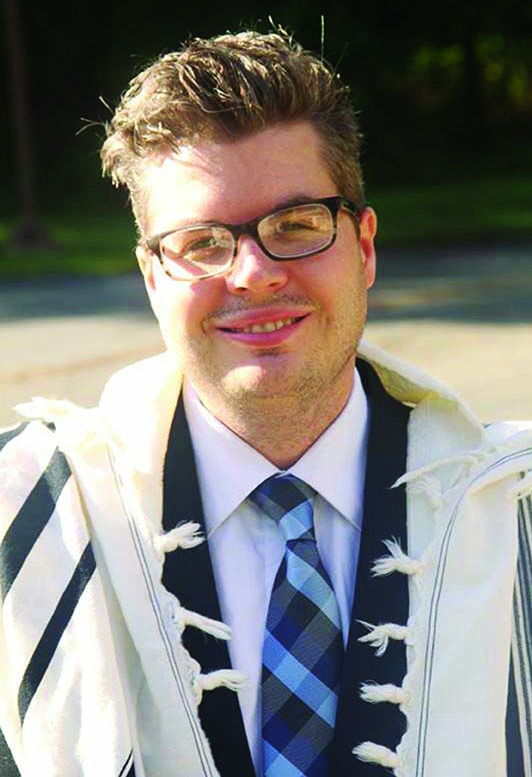By Rabbi Patrick Beaulier, Kehillah
I have family members and friends who have struggled with addiction. I have had the honor of sitting with people in recovery and hearing their stories. I have prayed birkat hakohanim (the Priestly Blessing) after 12-Step meetings.
I have also spent some time in the Chesterfield Jail, where I spoke with Sheriff Karl Leonard and the participants of the Heroin Addiction Recovery Program (now featured on the TV show Jailhouse Redemption).
I have experienced God more times in this environment than in many synagogues.
That is why after much prayer and reading, I have decided to “out” myself as anti-prohibition and support the gradual move toward decriminalization and legalization of most illicit drugs, combined with the social supports that drug users need to restore themselves.
There are many legitimate reasons why people would be against decriminalization and I hear those concerns. These drugs are dangerous; they hurt the users, their families and their communities.
But the hard fact is that we must decriminalize these taboo substances.
While there are many reasons, I will stick to the three that mean the most to me as a Jew and as a spiritual leader.
First, we have seen the impact that the drug war has on communities. In prohibition, the criminals are the winners and the law abiding, tax paying, hard working Americans are the victims. Judaism is a communitarian religion; we place a large emphasis on the community, not just our own. For Jews who care about mitzvot there is no way out of it: love your neighbor as yourself is paramount. Are we loving our neighbor by letting gangs control their neighborhoods? I think not.
Our principal of Tikkun Olam, Repairing the World, takes over here. We can destroy the gangs by eliminating their business model.
Substance abuse is an illness. It is an illness caused by stress that is so overwhelming that substances become the only curative.
Furthermore, in many areas, using illegal drugs is the only way to manage psychiatric issues. Study after study proves this. And yet, we refuse to follow the path that this pro-treatment, anti-prohibition evidence takes us. Why is that?
The Talmud teaches a principal to avoid danger. That duty to avoid danger superseding all the rest of the prohibitions in the Torah (Hullin 10b). This might be a great source to site if you are in favor of prohibition. But in reality, it’s the opposite. The danger we are supposed to avoid is not just the chemicals: the danger in the drug conversation is our knee-jerk reaction to drug use. Our natural inclination to incarcerate, rooted in the yetzer hara (the evil impulse), is the danger. We need to fight this punitive impulse and move toward an enlightened policy that rebuilds social and emotional bonds.
Finally, there is an undeniable link between the drug war and a desire to get rid of people deemed as undesirable. As Jews, we know what it means to be put into this box. We know the length that cruel people will go to in order to rid the world of those they consider a drain on society. Let’s not forget what Philippines President Rodrigo Duterte said, “Hitler massacred three million Jews. Now, there are three million drug addicts. … I’d be happy to slaughter them.”
No one reading this article feels that way. At least, I hope not. But the effects are the same. When we decide that people need to be locked away because they unseemly, or deserve to die because they “made the choice to use drugs” we become just as bad as Duterte.
Again, I know it is hard to read. I know that when we talk about ending prohibition, images of people becoming hooked, wandering the streets causing chaos come to mind. But we are already there. This is our reality. We have nowhere else to go but upward and onward toward a better tomorrow where everyone benefits.
And as a “light to the nations” we have a responsibility to do something about it. Let’s commit to ending prohibition for our families, our communities, our Jewish values and for ourselves.





